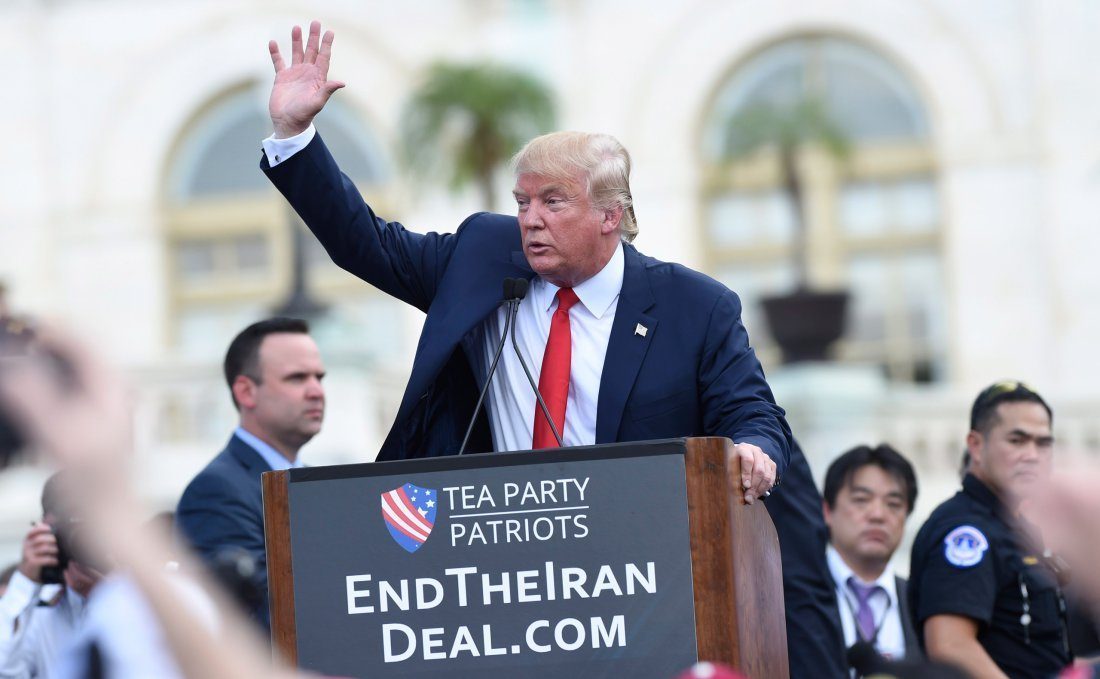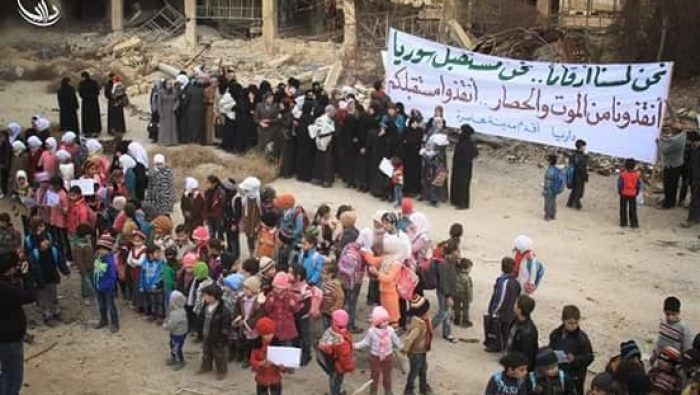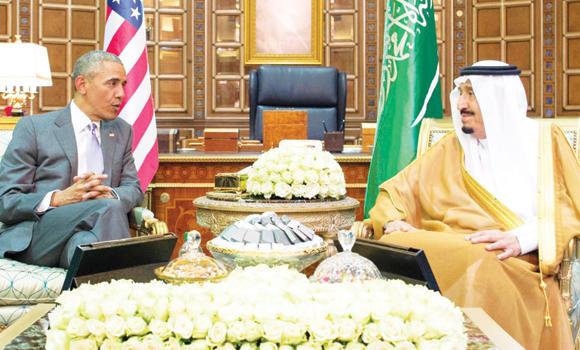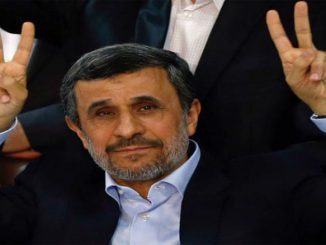
After the election of Donald Trump as the new US president, many cases including the Iran nuclear deal became under cancellation threat, as Iran’s President Hassan Rouhani said Wednesday there was “no possibility” of its nuclear deal with world powers being overturned by the US.
Barack Obama, The former US leader, was behind the historic Iran nuclear deal with P5+1 powers, agreed upon last year, which saw Tehran agree to amend its nuclear output in order to lift all nuclear-related economic sanctions, freeing up tens of billions of dollars in oil revenue and frozen assets.
However, Trump has said during his election campaign that the deal as “disastrous” and said it would be his “number one priority” to dismantle it.
After the election results were known, Iran’s president Hassan Rouhani said Trump cannot change the agreement.
“Iran’s understanding of the nuclear deal was that the accord was not concluded with one country or government but was approved by a resolution of the U.N. Security Council, and there is no possibility that it can be changed by a single government,” he said on Iran state television Wednesday.
Foreign Minister Mohammad Javad Zarif, who negotiated the agreement on behalf of Iran, said the United States must stick to the agreed-upon details.
“Every U.S. president has to understand the realities of today’s world,” he said Wednesday, as reported by the Tehran Times. “The most important thing is that the future U.S. president sticks to agreements, to engagements undertaken.”
In the first signs of tension, the U.N. atomic watchdog said on Wednesday that Iran has exceeded a soft limit on sensitive material set under its nuclear deal with major powers, hours after Donald Trump was elected.
It is the second time Tehran has surpassed the 130 metric ton threshold for heavy water, as it had 130.1 tons of the material on Tuesday, the watchdog said.
The last time Iran overstepped that mark was brief, passing without major criticism from the other countries that signed the nuclear deal last year. But there are questions about whether the incoming Trump administration will react to such incidents the same way.
Khamenei’s role
The nuclear deal was divisive in Iran, with hardliners opposed to better relations with the West arguing that pragmatist President Hassan Rouhani was giving up too much of the country’s nuclear infrastructure for too little relief.
Iranian Supreme Leader Ali Khamenei regularly criticizes the United States and the deal, saying it should not be trusted and it wasn’t doing its part of the deal.
Khamenei has already promised to “set fire” to the nuclear deal if the West violates it. and has repeatedly complained it has not received benefits promised.
“The big winner in the aftermath of a Trump victory is Iran’s Supreme Leader,” said Suzanne Maloney, a foreign policy expert at the Brookings Institution.
“He will have the most cartoonish American enemy, he will exult in the (hopefully brief) crash of the American economy, and he will be able to walk away from Iran’s obligations under the JCPOA while pinning the responsibility on Washington.”
Can the deal be canceled?
The spokesman of the Atomic Energy Organization of Iran, Behrouz Kamalvandi, was quoted as saying by Tasnim news agency: “Iran is prepared for any change,” adding that Iran would try to stand by the deal.
“I could see a Trump administration beginning to threaten the use of American power, and put the Iranians to a choice between severe sanctions and potential military action, or going back to renegotiate some key elements of the deal,” an analyst said.
“There’s always the risk the United States ends up isolated, as the Europeans, Chinese and Russians scramble to cut side deals with the Iranians. But one should never underestimate the power of U.S. secondary sanctions and the fear that creates in the marketplace — a fear that has now been intensified as a result of a President Trump,” the analyst added.
Another analyst said that the better solution was making the deal better for the US otherthan risking cancelling it.
“As to whether he can negotiate a ‘better’ deal, it takes two (or seven) sides to agree to begin that process, something I rate as highly unlikely,” said Zachary Goldman, executive director of the Center on Law and Security at New York University and a former U.S. Treasury official.
“And if we walk away from the deal I think we will be in the worst of all worlds – Iran will feel freed from its commitments and we may be blamed for the deal falling apart.”
European and Asian firms have been returning to Iran and making major investments there, meaning the United States would likely be alone in pulling out of the deal, possibly isolating it from its partners.
On Wednesday, the head of gas, renewables and power for French oil and gas company Total TOTF.PA in Iran said Trump’s election would have no impact on investments.
Total has also made a deal with Iran to develop its part of the world’s largest gas field, avoiding the US sanctions by financing the deal with euros, and this move may attract more suspicious companies, giving more support to the Iranian economy against suspected American change of policies.



